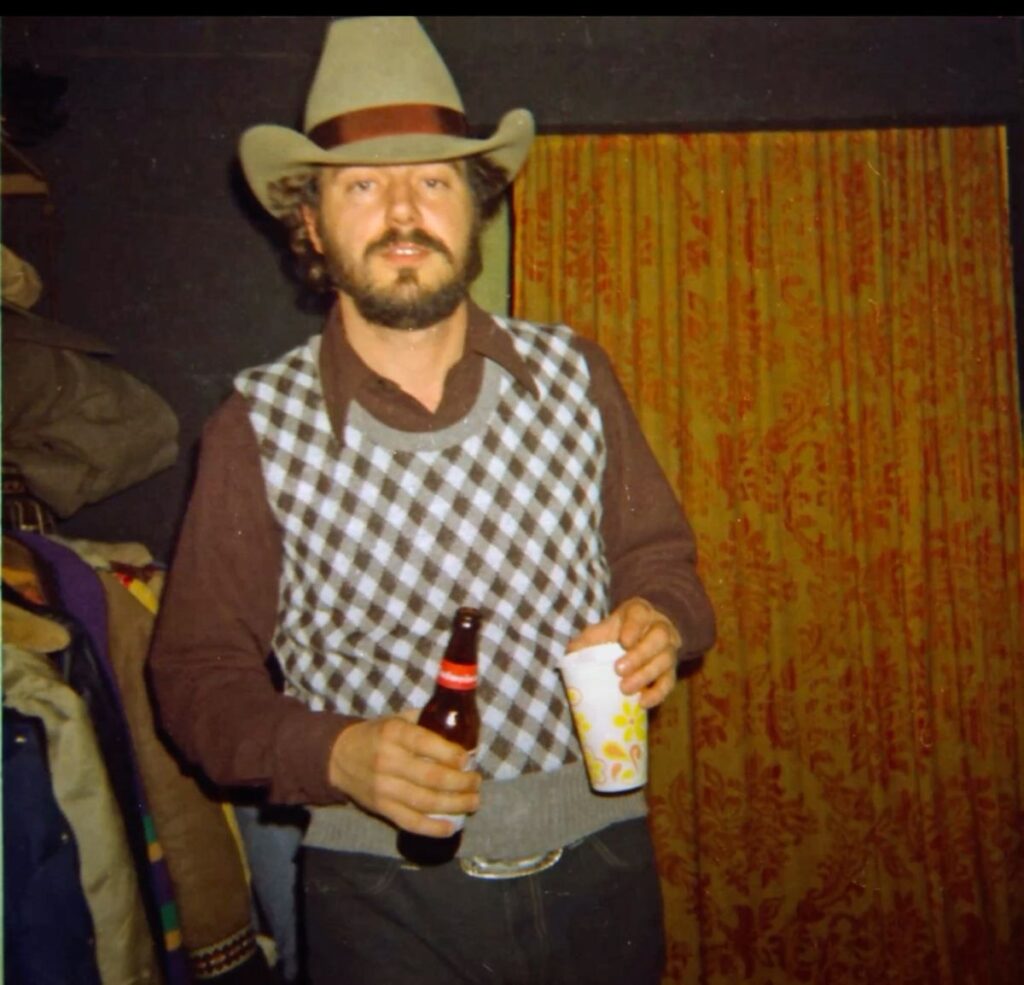
A Chronicle of the Cowboy’s Choice
This isn’t merely a country tune; it’s a profound, emotional meditation on sacrifice, calling, and the enduring value of a wild, unfettered existence. Released in 1975 on Walker’s celebrated album, Ridin’ High, the song itself—penned by the gifted songwriter Michael Burton—tells a simple yet deeply resonant story. It opens on a cowhand riding “the graveyard shift, midnight ’til dawn,” whose solitude is broken only by the light of the moon allowing him to read a letter from an old friend back home.
The friend’s words form the central conflict: a gentle but pointed challenge to the cowboy’s itinerant life. “He asked me why do you ride for your money / Why do you rope for short pay / You ain’t gettin’ nowhere / And you’re losin’ your share / You must have gone crazy out there.” The letter then twists the knife, mentioning “Jenny,” a woman the night rider presumably left behind, who is now “married and has a good life,” having become “the perfect professional’s wife.” It’s the classic confrontation between the settled, secure life—the one society deems “getting somewhere”—and the rambling life, full of low pay and high risk.
Jerry Jeff Walker’s version, which helped cement his status as an icon of the Outlaw Country and Cosmic Cowboy movements centered in Austin, Texas, struck a chord that transcended the charts. While his own recording on Ridin’ High barely cracked the US Country charts, its impact was far-reaching, establishing it as a song of true songsmith quality. Its real legacy isn’t in a high-water mark on a billboard, but in the reverence of other artists. Over the years, countless legends have covered it, a testament to its powerful narrative and universal theme—artists like Tom T. Hall, Suzy Bogguss, Sammy Davis, Jr., and, most notably, Garth Brooks, whose version brought it to a massive mainstream audience later on.
The song’s enduring meaning lies in the night rider’s quiet, reflective answer to his friend’s indictment, delivered not in prose but in the sublime imagery of the chorus. It is a defense of the soul, a gentle rebuke to the materialistic life: “But they ain’t never seen the Northern Lights / Never seen a hawk on the wing / Never seen Spring hit the Great Divide / And never heard Camp Cookie sing.” The “lament” in the title is not for the life he’s chosen, but a mournful recognition that those living the conventional path will never witness the priceless majesty he rides through every night. It’s an assertion that his “share” is not measured in money or mortgage, but in the pure, visceral experiences of nature and a freedom that no earthly comfort can replace.
For those of us who came of age listening to this music—perhaps on an old 8-track player, or a scratchy vinyl copy of Ridin’ High—the song evokes a deeply nostalgic feeling. It speaks to the part of us that chose the unconventional path, or perhaps the part that wished we had. It’s the memory of a younger self, full of wanderlust and a romantic disdain for the “straight and narrow.” Walker delivers it with his characteristic Texas drawl and unvarnished honesty, making the cowboy’s defiance feel earned and profoundly moving. It’s a timeless ballad that reminds us that there are treasures in this life that simply cannot be bought, a glorious contradiction that has resonated for decades.